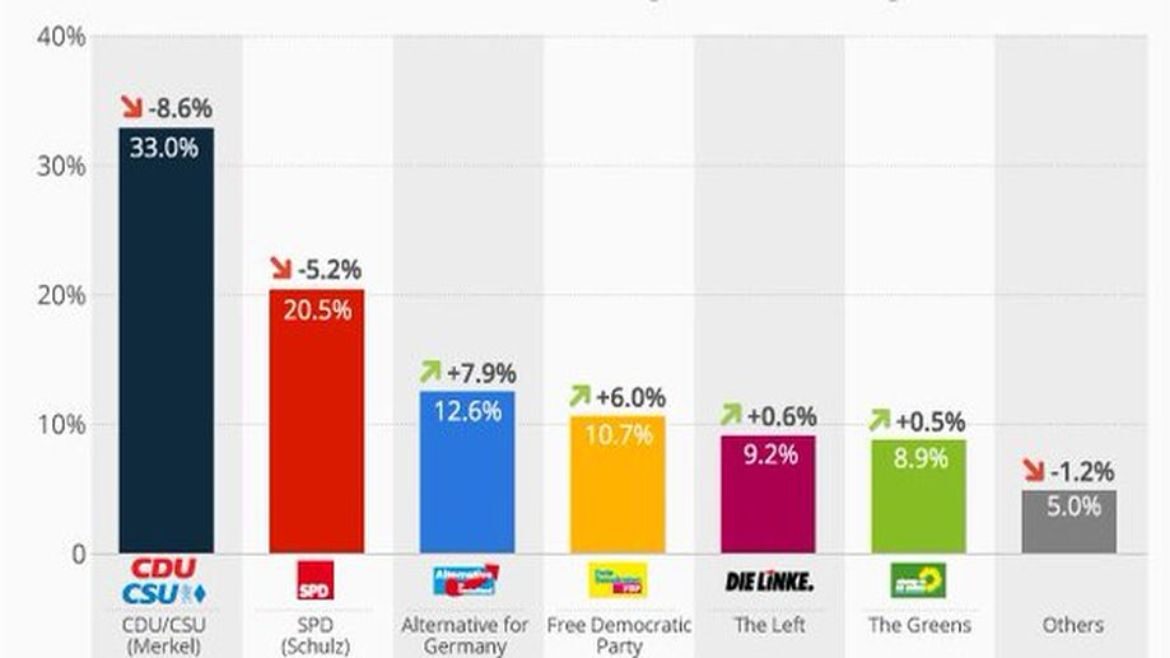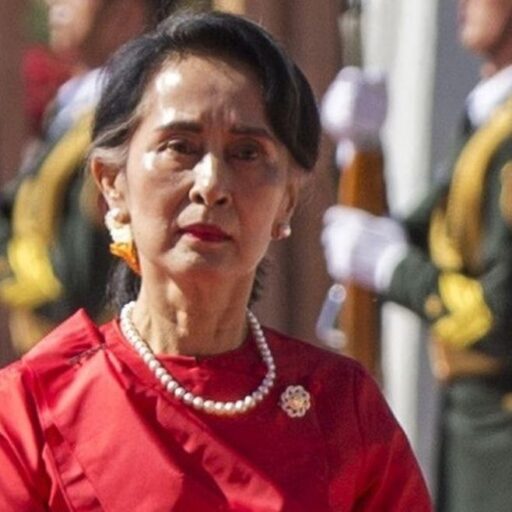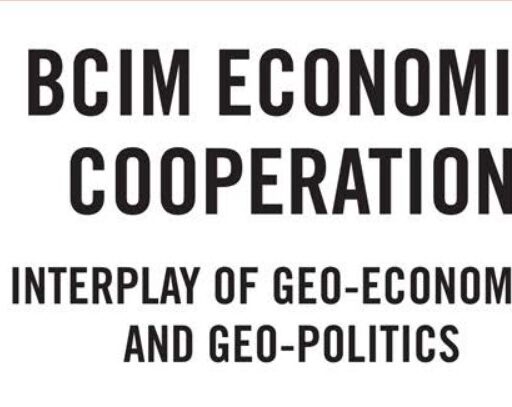The 2017 German Elections elicited far more global interest compared to previous elections. The emergence of Germany as a robust economy and as an important pillar of the European Union is a significant reason for the growing interest in understanding the recent elections there. The German elections were held against the backdrop of geopolitical shifts involving the relative decline of the US. The concerns regarding the reliability of the US security commitments towards Europe got exacerbated because of President Trump’s transactional foreign policy and anti-globalisation rhetoric. On the other hand, Germany under the leadership of Angela Merkel had taken strong positions in favour of Paris Climate Accord and worked to preserve the Euro-zone. Therefore, the German elections generated interest as to whether the electorate would endorse or overthrow a candidate who tends to celebrate trans-national interactions. Further, given the electoral performance of some of the right-wing parties and candidates in other parts of Europe, there was an interest as to whether Germany would also witness a ‘rightward’ shift in politics. As anticipated by many pundits, the Conservatives [The Christian Democratic Union of Germany (CDU) and Christian Social Union in Bavaria (CSU)] led by Angela Merkel emerged as the largest group. Merkel is back as Chancellor for the fourth term, a political feat achieved by only two other leaders – Helmut Kohl and Konrad Adenauer.




